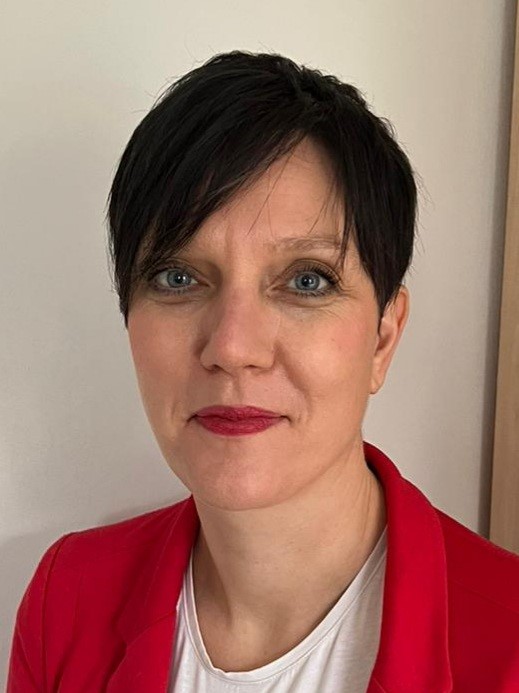
Health, Social Care and Welfare Systems Strategy Lead Sarah Murphy shares three free ways you can help people with their money concerns in your uniquely placed role as a link worker, including the tools and guidance available to support you to make a difference to the people you assist.
Before the Covid-19 pandemic, 11.5 million people had less than £100 of savings to fall back on in the event of an economic shock and 9 million people were borrowing often – to buy food or pay for bills1. It is likely, that two years on, this number is now much higher. As a link worker, you are in a unique position to help.
Building connections
Whether you’re based within a primary care setting, alongside a GP and practice nurses, or you’re out in the community, you are supporting individuals with a wide range of needs. Perhaps an older adult has been referred to you because they are lonely. Someone else may come to you at risk of diabetes, with an interest in local fitness activities. Or perhaps someone is anxious because they’ve recently been made redundant. You get to spend time with that person to find out what their goals are, what interests them, what barriers they might be facing. You are the important connector into a wide range of activities and support services. It’s that time and your holistic approach which puts you in a unique position to support people with their financial wellbeing and money matters, in a joined-up way.
Financial wellbeing impacts physical, mental and social wellbeing
It’s been known for some time that almost 50% of people in debt will also have a mental health problem2. But dealing with the stress of financial issues, even if the level of debt isn’t that high, can also impact on people’s mental and physical health3.
Aside from the worry and stress that goes along with money issues, if someone either doesn’t have enough money coming in each month to cover all their essential bills and payments, or has high debt repayments to make, it’s very likely that making healthy food choices or paying for activities that would be beneficial for their physical, mental or social wellbeing are just not going to be possible.
Almost 50% of people in debt will also have a mental health problem
Breaking the taboo of talking about money
Talking about money is awkward, people feel shame and embarrassment, so normalising it is important. Reassuring people by explaining that you ask money questions with everyone you’re helping, and that money worries are common, is a great start.
Exploring their concerns about money and understanding their individual situation will help you get them to the right sources of support.
The Money and Pensions Service (MaPS) has three free ways to help support your conversations with people about money.
Resources and tools to help
1. Signpost to free and impartial guidance
We have a huge range of information about all aspects of money on the government-backed MoneyHelper service including a directory of free, independent debt advice organisations. As a link worker, you can also order our printed guides, so you can give them to the people you’re helping, or suggest they get guidance direct from MoneyHelper on 0800 448 0814.
2. Develop your own skills and knowledge to support people with money
We also offer free Money Guidance eLearning and development, ideal for upskilling yourself on the difference between money advice and guidance and a range of money related topics. If you would like to find out more about the Money Guiders programme and how you can access it email us at Money.Guiders@maps.org.uk.
3. A toolkit to help you navigate conversations about mental health and money
If you are working with individuals who are struggling with both their financial and their mental health, we collaborated with Mental Health UK and the National Academy of Social Prescribing to put together a Mental Health and Money Toolkit. The toolkit was co-produced with people with lived experience as well as link workers, and has a number of exercises to support with feelings of shame, avoidance and building self-esteem. It also includes useful money guidance tips, as well as information on how to prepare for a welfare benefits application, what to expect from a debt advice session and how to find a free, independent debt advice provider.
About the Money and Pensions Service
MaPS is transforming financial wellbeing in the UK. We’re here to ensure everyone feels more in control of their finances throughout their lives: from pocket money to pensions. Why? Because when they are, communities are healthier, businesses are more prosperous, the economy benefits, and individuals feel better off.
If your organisation wants to know more about the support we offer, you can get in touch by emailing us at partners@maps.org.uk.
1 Building the Financial Capability of UK Adults
2 Money and Mental Health: The Facts
3 Debt and Health – The Health Foundation
Keep up to date with our work: register for our monthly newsletter and join the conversation on LinkedIn and Twitter.
